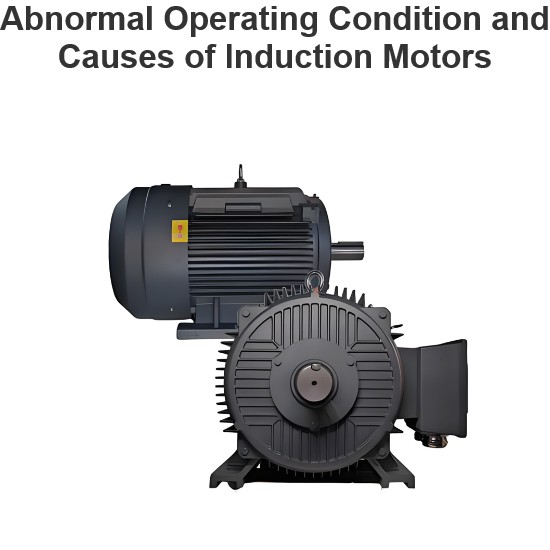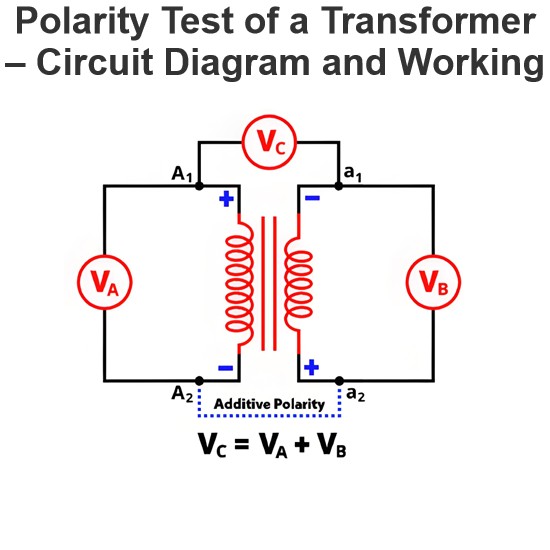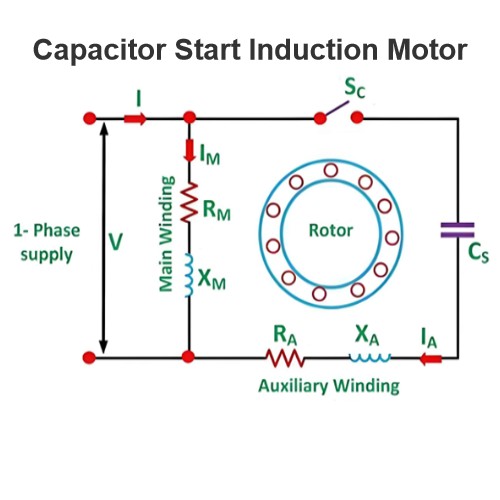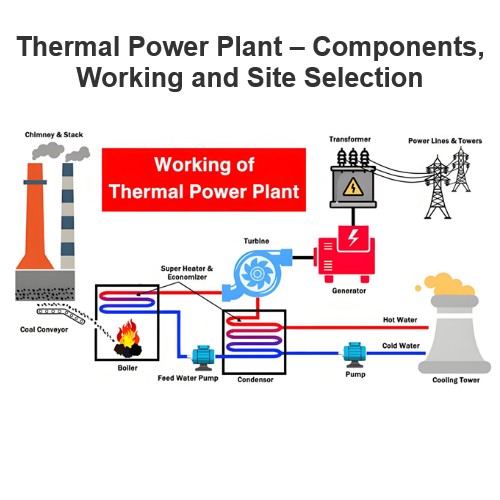What is the efficiency and conversion rate of a battery as an input source for a DC-DC converter compared to using an AC source?
The impact of using a battery as the input source for a DC-DC converter
When using a battery as the input source for a DC-DC converter, several factors can affect efficiency and conversion ratio:
Battery Voltage and Capacity
The voltage and capacity of the battery directly affect the operating range and efficiency of the DC-DC converter. Different types of batteries (such as lead-acid batteries, lithium batteries, nickel-metal hydride batteries, etc.) have different voltage levels and discharge characteristics. For example, lithium batteries usually have higher energy density and lower self-discharge rates, making them suitable for applications requiring long-term stable power supply.
Internal resistance and self-discharge
The internal resistance of the battery increases energy loss and reduces conversion efficiency. In addition, the self-discharge characteristics of the battery will also affect its long-term storage and utilization efficiency. Batteries with high self-discharge rates will lose more electrical energy during storage, thereby affecting the overall conversion rate.
Temperature and number of charge-discharge cycles
Temperature has a significant impact on the performance of batteries. Under extreme temperature conditions, the discharge efficiency and service life of the battery will decrease. In addition, the number of charge and discharge will also affect the life and efficiency of the battery. Frequent charge and discharge cycles can lead to degradation of the internal structure of the battery, reducing its capacity and efficiency.
Battery Management System (BMS)
Modern battery management systems (BMS) are capable of optimizing the charging and discharging processes of batteries, improving the overall efficiency and safety of the system. BMS can monitor the state of the battery, prevent overcharging and deep discharge, thereby extending the battery life, and to some extent, improve the conversion efficiency.
Design of DC-DC Converter
The design of DC-DC converters also has a significant impact on their efficiency and conversion rate. An efficient converter design can reduce energy loss and improve the stability of output voltage. In addition, the control algorithm and switching frequency of the converter will also affect its performance.
Summary
In general, when using a battery as the input source for a DC-DC converter, efficiency and conversion rate are affected by various factors such as battery type, internal resistance, self-discharge rate, temperature, number of charge-discharge cycles, and converter design. Therefore, in specific applications, it is necessary to select the appropriate battery and converter design based on actual needs to achieve optimal efficiency and conversion rate.
The Electricity Encyclopedia is dedicated to accelerating the dissemination and application of electricity knowledge and adding impetus to the development and innovation of the electricity industry.













